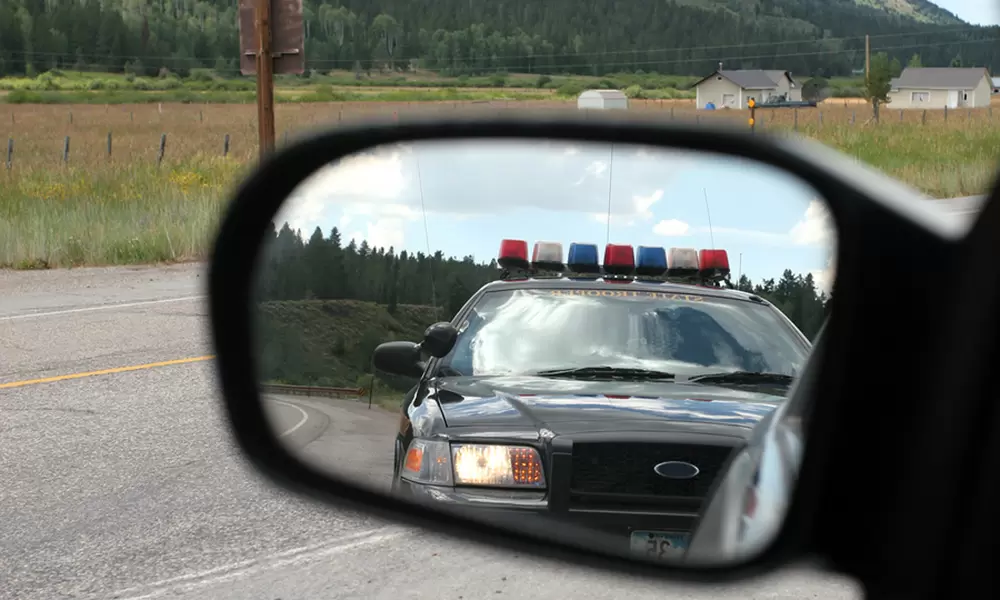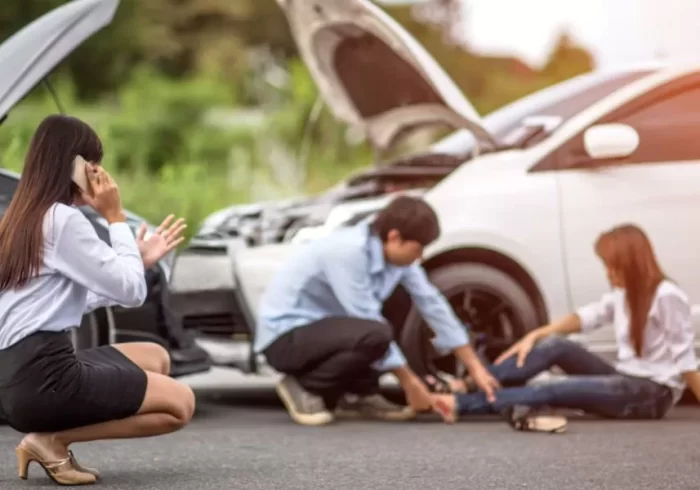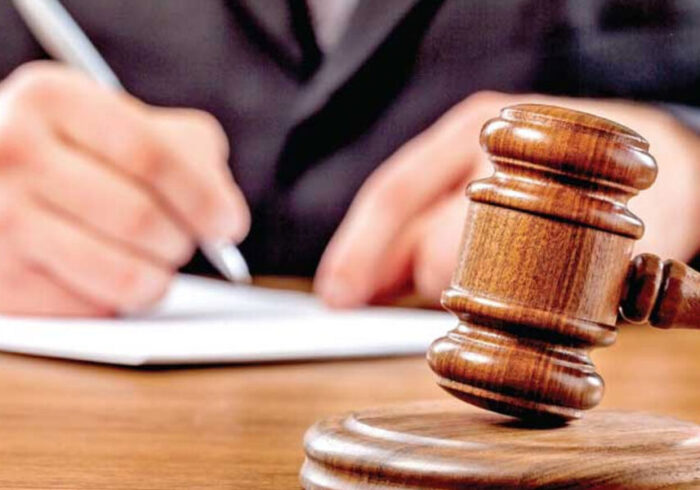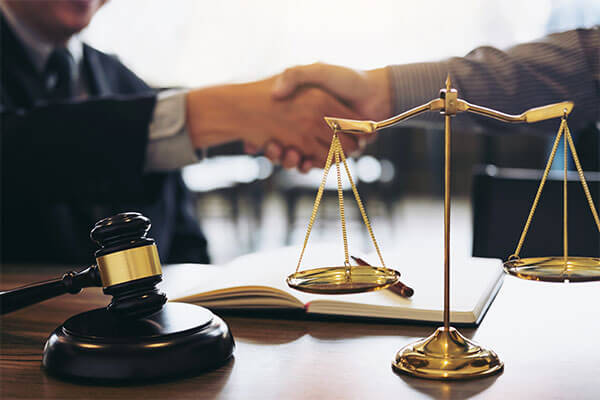Have you recently received a speeding ticket and wondered whether it’s worth contesting? Many drivers face this situation, but the process can feel overwhelming without the right information. Let’s explore how to successfully challenge a speeding ticket with legal assistance.
Understanding the Process of Contesting a Speeding Ticket
Contesting a speeding ticket often begins with understanding the ticket itself. It’s essential to review the details carefully to ensure that all the information is accurate. This includes checking the date, time, location, and speed recorded by the officer. It’s helpful to consult a ticket lawyer who specializes in traffic violations.
A small error or discrepancy might provide grounds for contesting the ticket. These legal professionals can assess the situation and advise on the best course of action. They identify possible defenses, such as mistaken identity or improper use of speed-measuring equipment.
Gathering Evidence to Support Your Case
Before heading to court, it’s important to gather any evidence that might help your case.
Types of evidence to gather include:
- Dashcam or surveillance footage showing road conditions.
- Photos of speed limit signs and road markings.
- Statements from passengers or witnesses present at the time.
- Maintenance records for the speed-measuring equipment.
Having this evidence prepared can strengthen your defense and increase the likelihood of a favorable outcome.
Common Defenses for Contesting a Speeding Ticket
One of the most frequent defenses involves challenging the officer’s use of speed-measuring equipment, such as radar guns. If the equipment is not properly calibrated, it may not provide accurate readings. Additionally, if the officer was not trained to use the equipment correctly, the results may be invalid.
Another common defense involves questioning whether the speed limit was clearly posted or visible. If the sign was obscured or missing, it could weaken the case against you. Finally, some drivers successfully contest tickets by proving that they were not speeding at all due to road conditions or other factors. A knowledgeable expert can advise on which defense is most appropriate for a specific case.
The Importance of Legal Representation
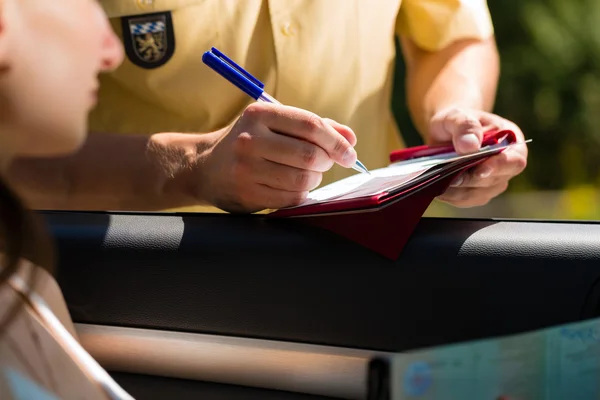
While it’s possible to contest a speeding ticket on your own, hiring a traffic violation lawyer can significantly increase your chances of success. An experienced lawyer knows the ins and outs of traffic law and can identify weak points in the prosecution’s case. They also understand local court procedures and can work to negotiate a reduction or dismissal of the penalty.
Legal representation is particularly useful when the stakes are higher, such as if the ticket could lead to points on your driving record or an increase in insurance premiums. A lawyer can often secure a favorable outcome without the need for a court appearance, saving time and reducing stress.
Preparing for Your Court Hearing
Once a defense strategy is in place, it’s time to prepare for the court hearing. Dress appropriately and be respectful when presenting your case to the judge. Whether contesting the ticket independently or with the help of an attorney, it’s important to stay organized. Keep all evidence in an easily accessible format, and be prepared to explain your side of the story clearly.
It’s also essential to arrive on time and be aware of the court’s rules. Failing to attend the hearing could result in a guilty verdict, even if the case against you is weak. A lawyer can ensure that you understand the procedures and help you stay focused during the hearing. Their guidance can make a significant difference in the outcome.
Contesting a speeding penalty with legal help offers a solid chance for success. With the right evidence, defense strategy, and legal representation, the outcome can often be more favorable. Whether seeking a reduction in fines or a complete dismissal, working with a ticket lawyer can make the process smoother and more effective. The right support can help clear the road for better results in traffic court.

